Alva Noto & Ryuichi Sakamoto - Glass (2018)
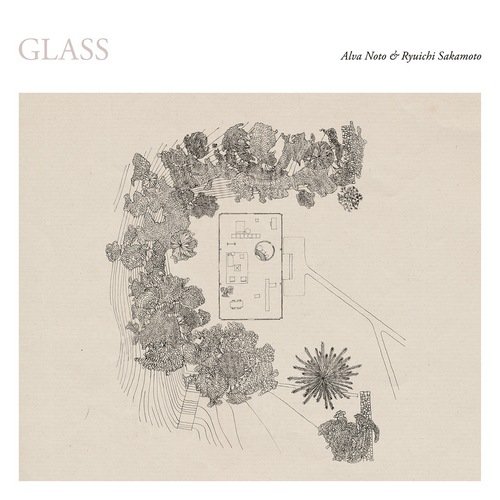
Artist: Alva Noto, Ryuichi Sakamoto
Title: Glass
Year Of Release: 2018
Label: NOTON
Genre: Modern Classical, Ambient, Experimental
Quality: FLAC (image+.cue,log)
Total Time: 36:59
Total Size: 248 mb
WebSite: Album Preview
Tracklist: Title: Glass
Year Of Release: 2018
Label: NOTON
Genre: Modern Classical, Ambient, Experimental
Quality: FLAC (image+.cue,log)
Total Time: 36:59
Total Size: 248 mb
WebSite: Album Preview
01. Glass (36:59)
Ryuichi Sakamoto and Carsten Nicolai have had a long and fruitful partnership. What started with Nicolai adding high frequencies and low pulses to Sakamoto's delicate piano ended up—through four full-lengths and an EP, collectively called Virus, spanning nine years—being a uniquely minimal combination of modern classical and electronic music. It's a symbiotic pairing: Sakamoto has credited Nicolai with reintroducing him to the ideas of the composer John Cage, while Nicolai has said projects like Xerrox would not have been possible without Sakamoto introducing him to traditional notation and melody. Glass, recorded at the Glass House in New Canaan, Connecticut in 2014, is a sidestep from their collaborative tradition, albeit a welcome one. On Glass, with its emphasis on drone and ambience, Nicolai and Sakamoto attempt to collapse their distinctive voices into one.
The Glass House, designed by the late architect Philip Johnson, is a modern architectural landmark. Built in 1949, it's a large, low-lying glass building in a minimal steel frame, a design described as "a pavilion for viewing the surrounding landscape." As part of an opening party for a Yayoi Kusama exhibition—celebrating what would've been Johnson's 110th birthday—Sakamoto and Nicolai decided to use the building as an instrument in itself. Though they only had a day to prepare, the duo set up contact microphones around the house, and brought in crotales, singing glass bowls and other instruments meant to replicate the sound, feeling and atmosphere of glass. (They even dragged mallets along the walls.) The goal was to translate the essence of the house into music.
Glass has neither Nicolai's zapping pulses nor Sakamoto's elegant piano. Every sound in the performance feels hollow, transparent and crystalline, a music of sharp corners and gleaming surfaces. It also differs from past works in using mostly acoustic sounds, luxuriating in vibration and decay rather than generated frequencies. The composition hinges on a ghostly drone that Nicolai adds to over time, played on crotales with a horse-hair bow. These are occasionally decorated with sharp, bright notes that sound like windchimes made from icicles. The melodies emphasise the fragility of glass, while the drone underlines its solidity and sturdiness, lending the composition a duality that it wrestles with over its 37-minute length.
There's an intense and cautious feeling to Sakamoto and Nicolai's approach, keeping everything at a constant volume and introducing changes only gradually. Glass is good for close listening, trading narrative for pure texture and mood. The recording, though, reflects the qualities of the Glass House rather than the artists who made it. It doesn't match the heights of records like Vrioon or _utp, but it presents the duo's work in a different context, where their strong musical personalities are put aside in favour of technique. Only a few people attended the performance, but Glass makes it easy to imagine being in the room with them, gazing at the surrounding natural landscape as the delicate sounds reverberated.
The Glass House, designed by the late architect Philip Johnson, is a modern architectural landmark. Built in 1949, it's a large, low-lying glass building in a minimal steel frame, a design described as "a pavilion for viewing the surrounding landscape." As part of an opening party for a Yayoi Kusama exhibition—celebrating what would've been Johnson's 110th birthday—Sakamoto and Nicolai decided to use the building as an instrument in itself. Though they only had a day to prepare, the duo set up contact microphones around the house, and brought in crotales, singing glass bowls and other instruments meant to replicate the sound, feeling and atmosphere of glass. (They even dragged mallets along the walls.) The goal was to translate the essence of the house into music.
Glass has neither Nicolai's zapping pulses nor Sakamoto's elegant piano. Every sound in the performance feels hollow, transparent and crystalline, a music of sharp corners and gleaming surfaces. It also differs from past works in using mostly acoustic sounds, luxuriating in vibration and decay rather than generated frequencies. The composition hinges on a ghostly drone that Nicolai adds to over time, played on crotales with a horse-hair bow. These are occasionally decorated with sharp, bright notes that sound like windchimes made from icicles. The melodies emphasise the fragility of glass, while the drone underlines its solidity and sturdiness, lending the composition a duality that it wrestles with over its 37-minute length.
There's an intense and cautious feeling to Sakamoto and Nicolai's approach, keeping everything at a constant volume and introducing changes only gradually. Glass is good for close listening, trading narrative for pure texture and mood. The recording, though, reflects the qualities of the Glass House rather than the artists who made it. It doesn't match the heights of records like Vrioon or _utp, but it presents the duo's work in a different context, where their strong musical personalities are put aside in favour of technique. Only a few people attended the performance, but Glass makes it easy to imagine being in the room with them, gazing at the surrounding natural landscape as the delicate sounds reverberated.
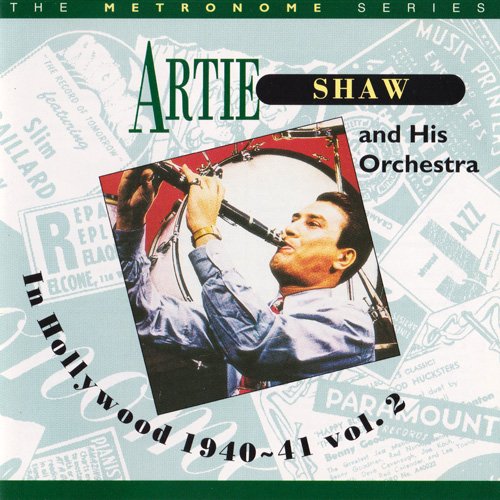
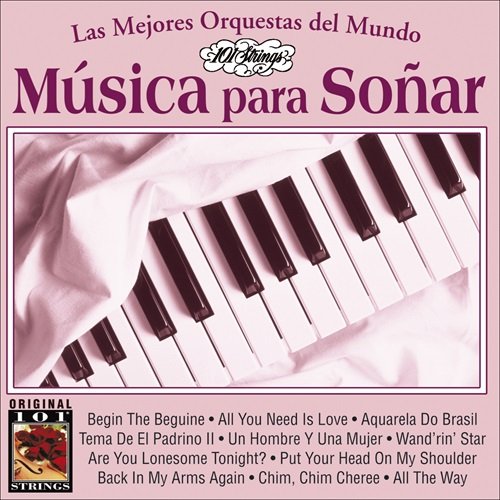
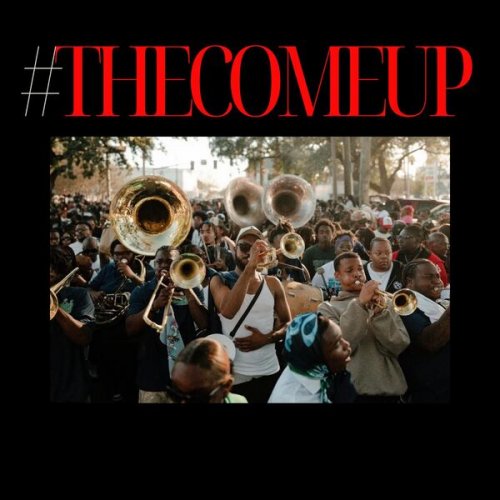
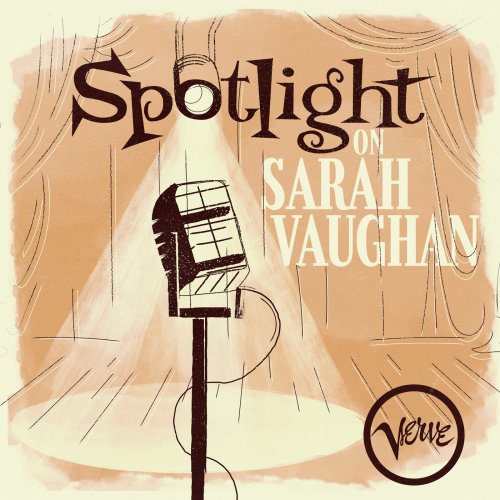
![Bobby Hutcherson - Components (1965) [LP] Bobby Hutcherson - Components (1965) [LP]](https://www.dibpic.com/uploads/posts/2026-02/1770471883_front.jpg)

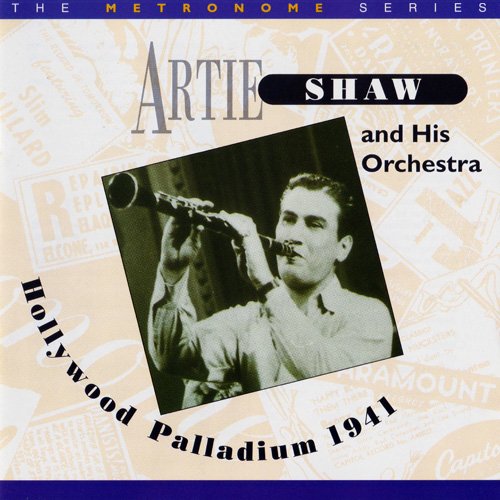
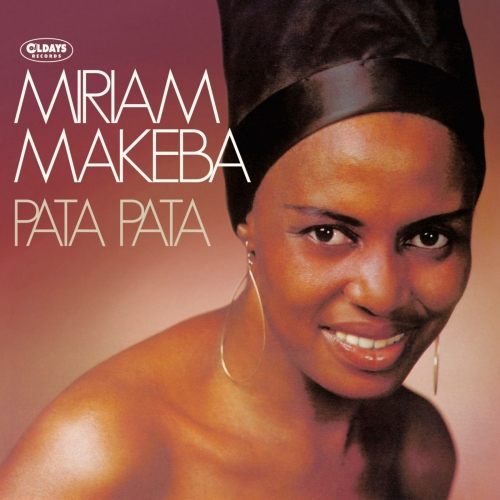
![Adrien Soleiman - BelleJazzClub (Vol. 2) (2026) [Hi-Res] Adrien Soleiman - BelleJazzClub (Vol. 2) (2026) [Hi-Res]](https://www.dibpic.com/uploads/posts/2026-02/1770294676_taeccgl6qv4da_600.jpg)